- Click to share on Facebook (Opens in a new window)
- Click to share on Twitter (Opens in a new window)
- Click here to share on LinkedIn (Opens in a new window)
- Click to email a friend (Opens in a new window)
Is the fear of Bernie Sanders and socialism exaggerated? 2:46
(CNN) - Two things are true at the moment in the 2020 Democratic presidential nomination fight.
1) Bernie Sanders is the favorite of the race.
2) Nominating someone with the Sanders profile would be a clear risk.
The first point is not terribly controversial. Sanders won the popular vote in Iowa (although it was surpassed by the former mayor of South Bend, Indiana, Pete Buttigieg), won the New Hampshire primaries and crushed the competition in Nevada's party assemblies by winning, among other things, most of the Latino vote Surveys in the pre-South Carolina primary period on Saturday suggest that Sanders is in second place and within the surprising range of former Vice President Joe Biden. Sanders is also well positioned to perform well on major sets of delegates in California and Texas on Super Tuesday.
Sanders is questioned for his progressive positions 2:40The second point is much more controversial. Sanders and his campaign reject the idea that it is a risk at all, arguing that the greatest risk of all would be to nominate another candidate of the political status quo who cannot expand the electorate to new (and young) voters as the senator of Vermont.
Which may well be true! But objectively there is clear evidence that choosing a candidate with the profile of Sanders, a 78-year-old self-proclaimed democratic socialist, is, in fact, a risk.
Every year since 1937 (!), Gallup asks voters a series of questions about whether they would be willing to vote for someone with certain attributes. Like for example: would you vote for a woman for president? (93% of the 2020 Gallup sample said they would). Or would you vote for a gay / lesbian candidate? (78% said they would).
Of the four candidate traits that were considered less attractive (or more likely to cause a pause in a candidate's vote), two are directly relevant to a Sanders candidacy. Less than 7 out of 10 (69%) people said they would be willing to vote for a candidate over 70, while less than half (45%) said they would support a candidate who was a socialist. The only other candidate traits that obtained such a low rating were a Muslim candidate (66% would support him) and an atheist candidate (60% would support him).
Let's take one by one.
1. Age
At 78, Sanders is not the only septuagenarian in the race. New York Mayor Michael Bloomberg is 78 years old. Former Vice President Joe Biden is 77 years old. Massachusetts Senator Elizabeth Warren is 70 years old. But judging by Gallup numbers, nominating any of those candidates would pose a risk, given that approximately 3 out of 10 people were willing to tell a pollster they would not vote for someone so old.
(Explanatory note: you must assume that the real number in all these questions is slightly lower since people may not want to be totally honest about who they will not vote for and why).
So, if he is over 70 years old and is running for the Democratic nomination, it is fair to describe it as a risk for voters to nominate him. A manageable risk maybe. But a risk, nonetheless!
The keys to Sanders' victory in Nevada 3:212. "Socialist"
When you look at the numbers of a "socialist" candidate, you begin to see why Sanders' positioning could be much more problematic in a general election than in a Democratic primary. Among the self-identified Democrats, more than 3 in 4 (76%) say they would be willing to vote for a socialist for president. But that number falls to 45% among independents and only 17% of Republicans. Which would suggest that disgruntled Republicans looking for someone other than President Donald Trump to vote would not find him in a socialist candidate.
But Sanders is not socialist, you will say! He is a democratic socialist. Totally different!
This is how Sanders explained his views in a "60 minute" interview last Sunday with Anderson Cooper:
“When Donald Trump was a New York businessman, he received $ 800 million in tax exemptions and subsidies to build luxury homes. That is called corporate socialism: What democratic socialism is about is saying: "Let's use the federal government to protect the interests of working families."
Ask yourself if you think the average voter will make that distinction, particularly in the course of a very heated and unpleasant campaign. And then consider what several of Sanders' fellow Democrats said about their party affiliation during Tuesday's debate.
Sanders' request to Russia: Do not intrude 0:37"I am the only one in the New Hampshire debate that when asked if we had a problem with a socialist leading the campaign, he raised his hand," said Minnesota Sen. Amy Klobuchar. “I like Bernie. We came together to the Senate. But I don't think this is the best person to lead the presidential ballot. ”
"I am not expecting a scenario in which everything comes down to Donald Trump with his nostalgia for the social order of the 50s and Bernie Sanders nostalgia for the revolutionary politics of the 60s," Buttigieg said. "It's not about what happened in the 70s or 80s, it's about the future."
If that's what the Democrats say, imagine what the Republicans will say. Actually, you don't have to imagine! This was what the majority minority chief of the House of Representatives, Steve Scalise, said on Wednesday: "It is unfortunate when you see what is happening on the Democratic side, that your party has been taken over by socialism."
Now. None of the above means that Sanders cannot win. Being a risk and being a loser are two totally different things. After all, there were NO more risky nominees for Republicans in 2016 than Trump, and see where it ended.
All of the above is that, according to the voters' feelings about who they would vote for and who not, choosing Sanders as a Democratic candidate represents a real risk. How much? Is it a risk that Democrats should be willing to take? We will not know the answer to that until the second half of the year.
Bernie Sanders


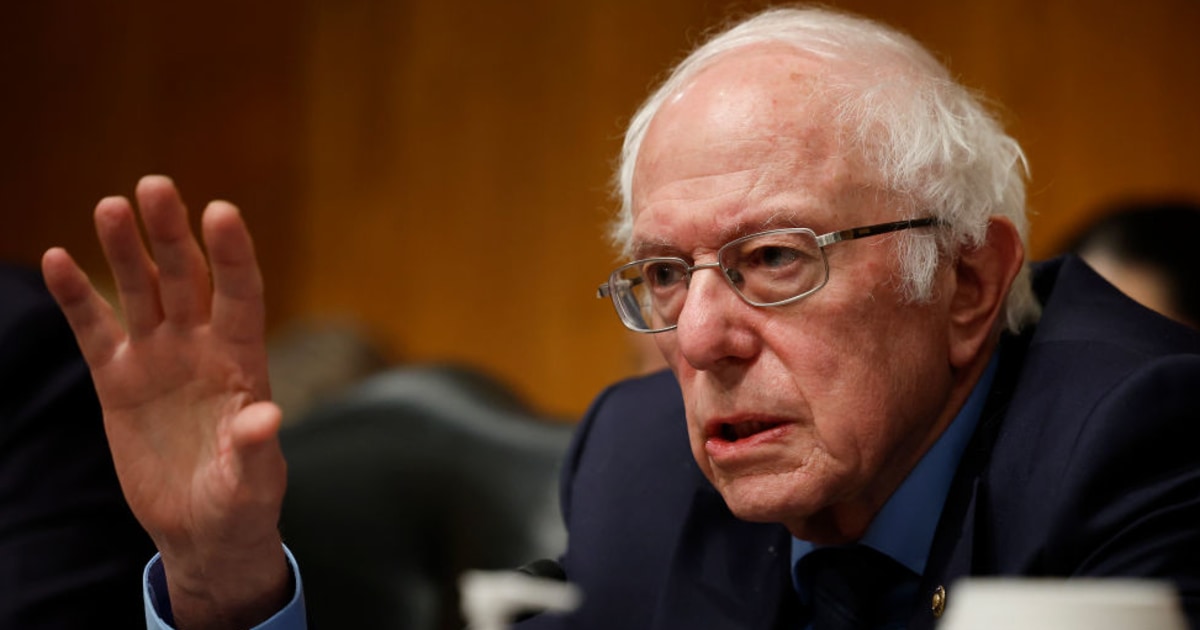
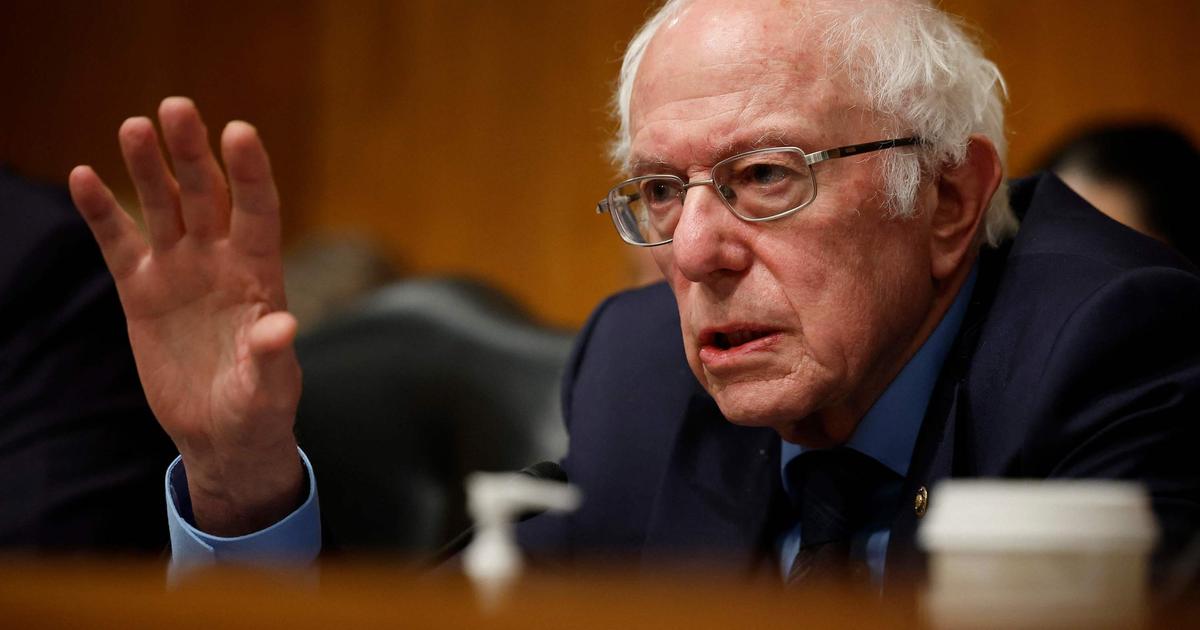
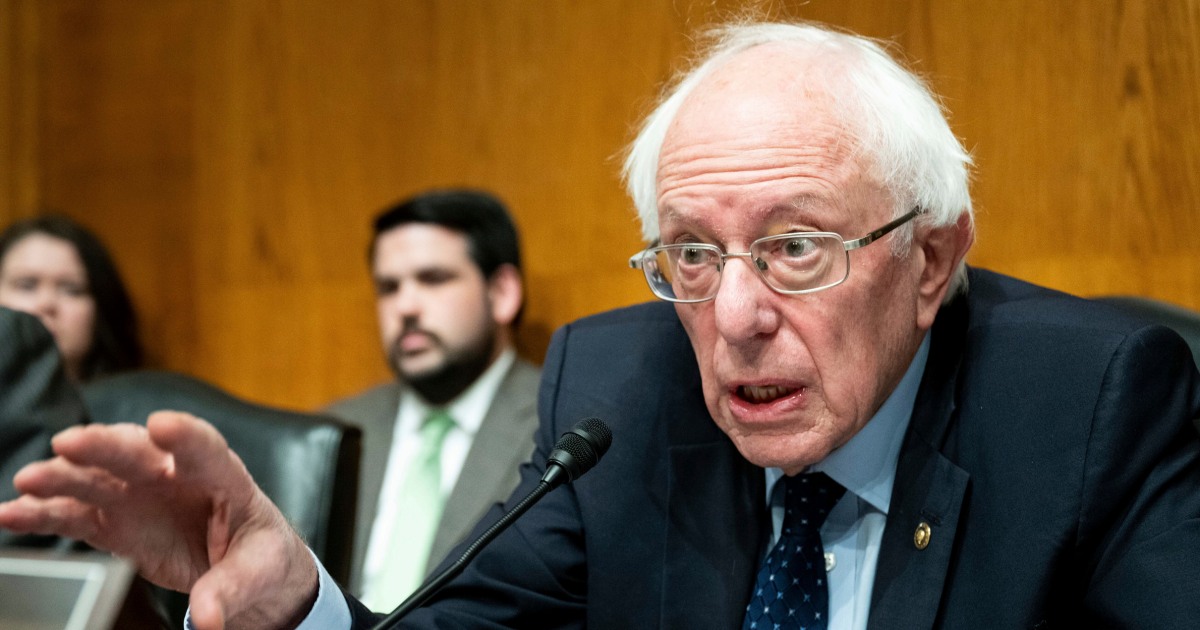

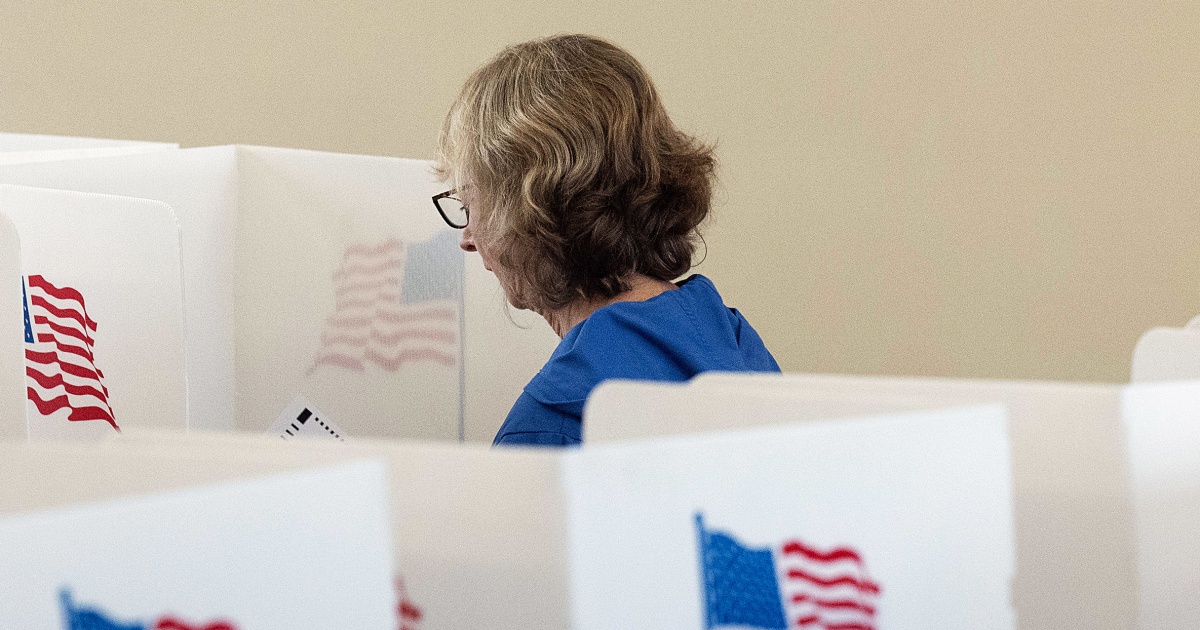
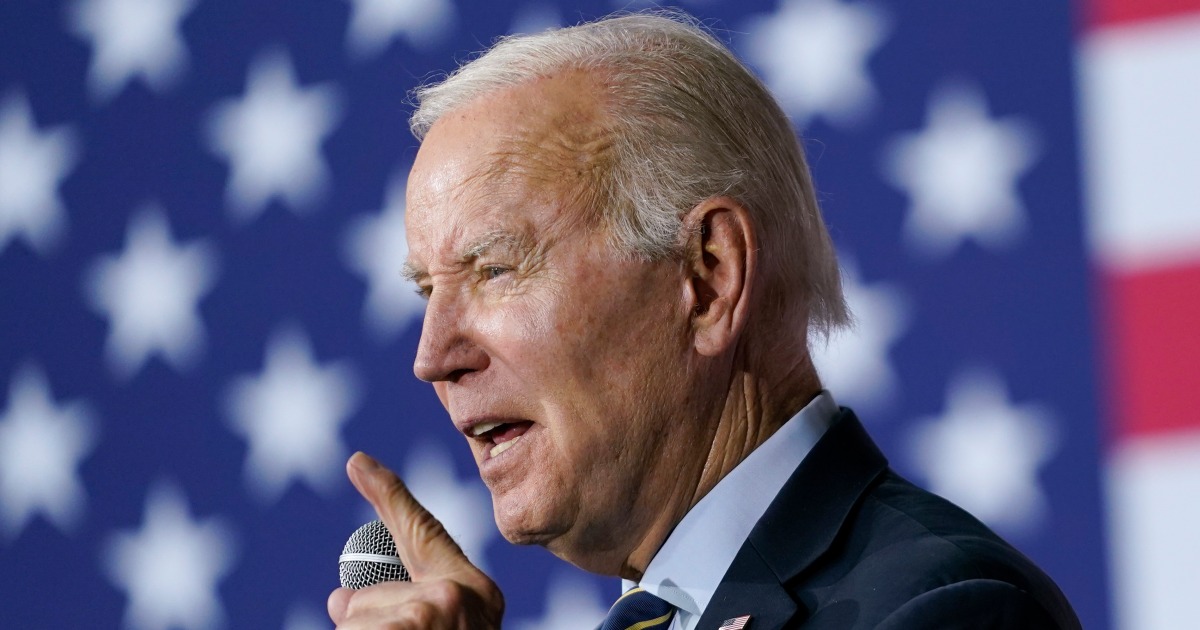




/cloudfront-eu-central-1.images.arcpublishing.com/prisa/KMEYMJKESBAZBE4MRBAM4TGHIQ.jpg)


